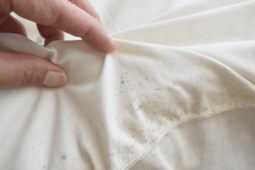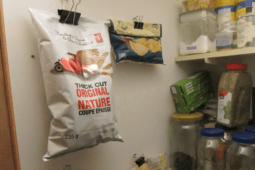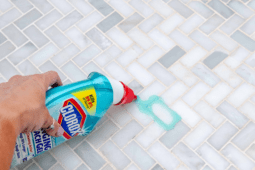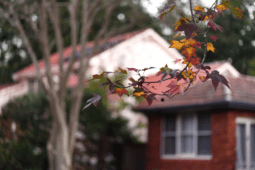Say Goodbye To Bugs With These Powerful Pest-Repelling Scents
With the arrival of spring, many regions find themselves battling a surge in mosquitoes. These tiny pests, though not the only nuisances, are among the most persistent and irritating. While chemical insecticides were once the go-to solution, they harm beneficial insects like bees, making natural alternatives increasingly popular. Below, we explore natural scents that repel pests effectively without disrupting the ecosystem.
Eucalyptus
Eucalyptus oil is well-loved for its soothing aroma in human products but is despised by mosquitoes. A 2017 study in the Journal of Insect Science revealed that products like Cutter Lemon Eucalyptus Spray, with 30% oil of lemon eucalyptus, significantly reduced mosquito attraction within a three-foot radius.

Soybean Oil
While many herbal insect repellents lack strong evidence of efficacy, soybean oil is a notable exception. A 2002 study in the New England Journal of Medicine found that soybean oil-based repellents protected against mosquito bites for approximately 90 minutes, rivaling some DEET-based products.

Tea Tree Oil
According to a 2021 study in Molecules, tea tree oil shows promise as an insecticide. However, practical application remains challenging. While it can kill bed bugs and cockroaches, their rapid reproduction and mobility limit its effectiveness.
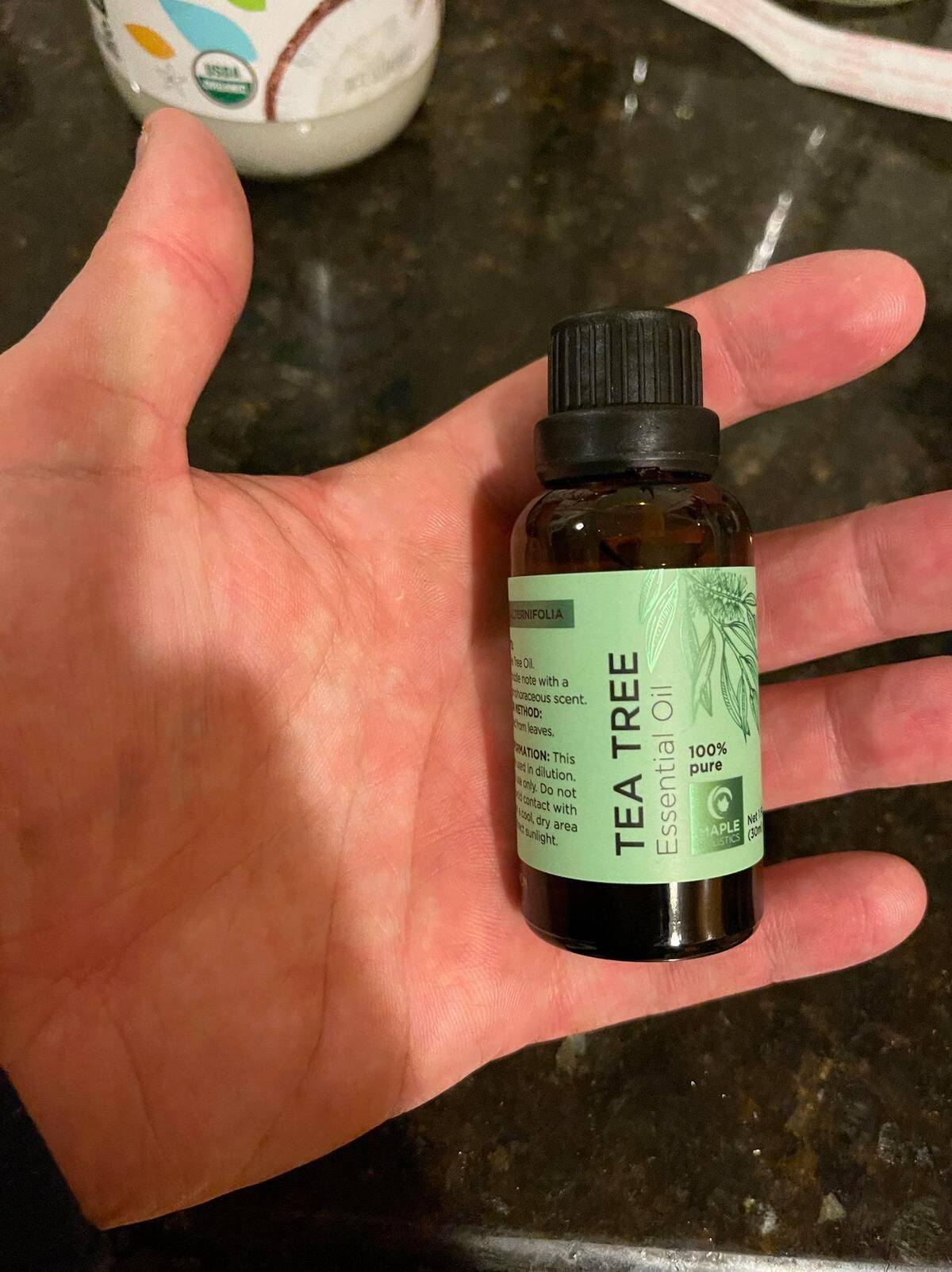
Rosemary
Though rosemary plants alone won’t deter mosquitoes, their oil has pest-repelling properties. Crushing the plant or burning it in a bonfire can release the scent effectively. DIY bug sprays made from rosemary oil also work well for outdoor gatherings.
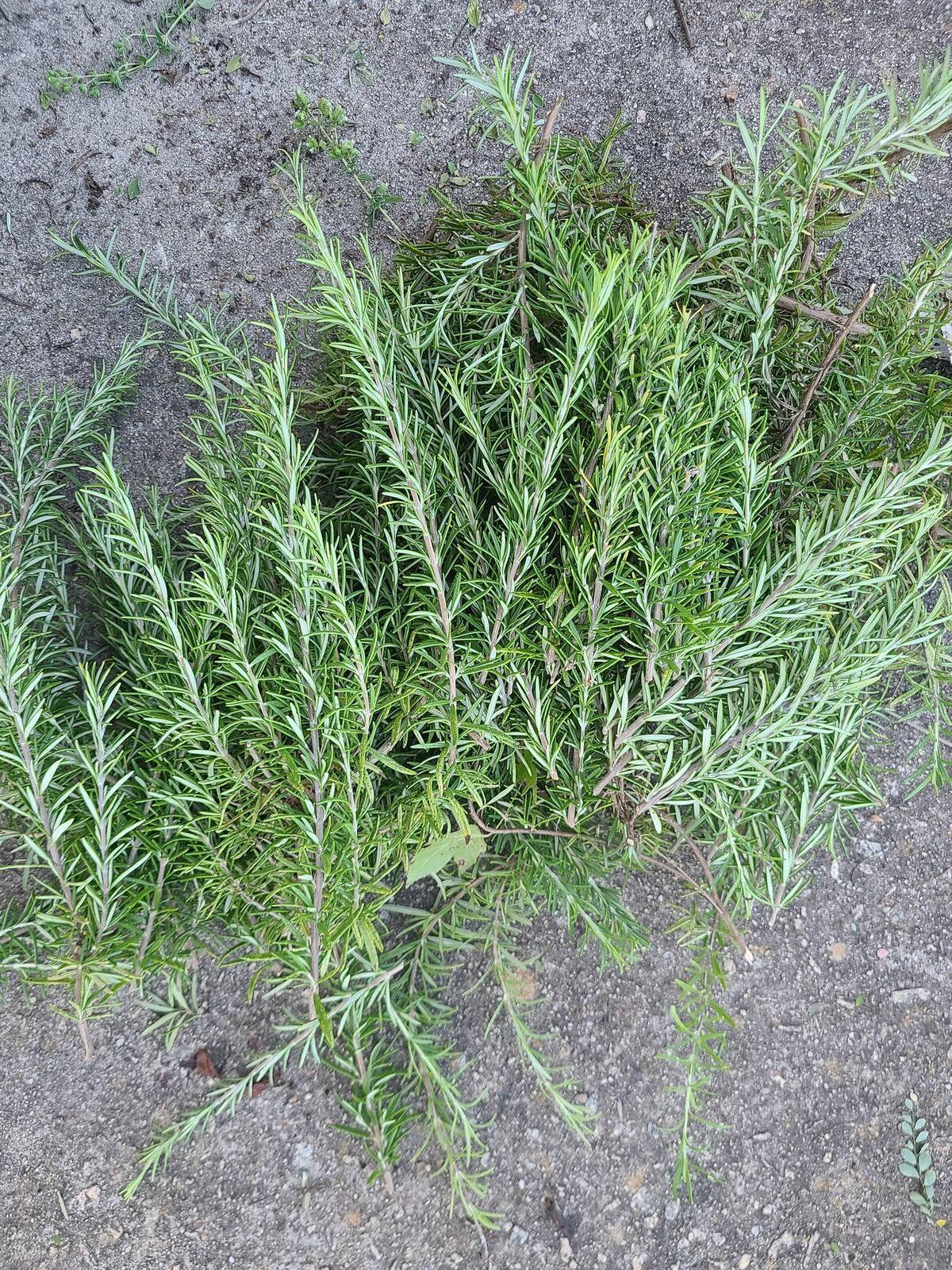
Lemon Balm
Easy to grow and fragrant, lemon balm is another plant that mosquitoes dislike. Rubbing its leaves on the skin or mixing its oil with water creates an effective repellent. Be mindful, as this plant can quickly dominate a garden.
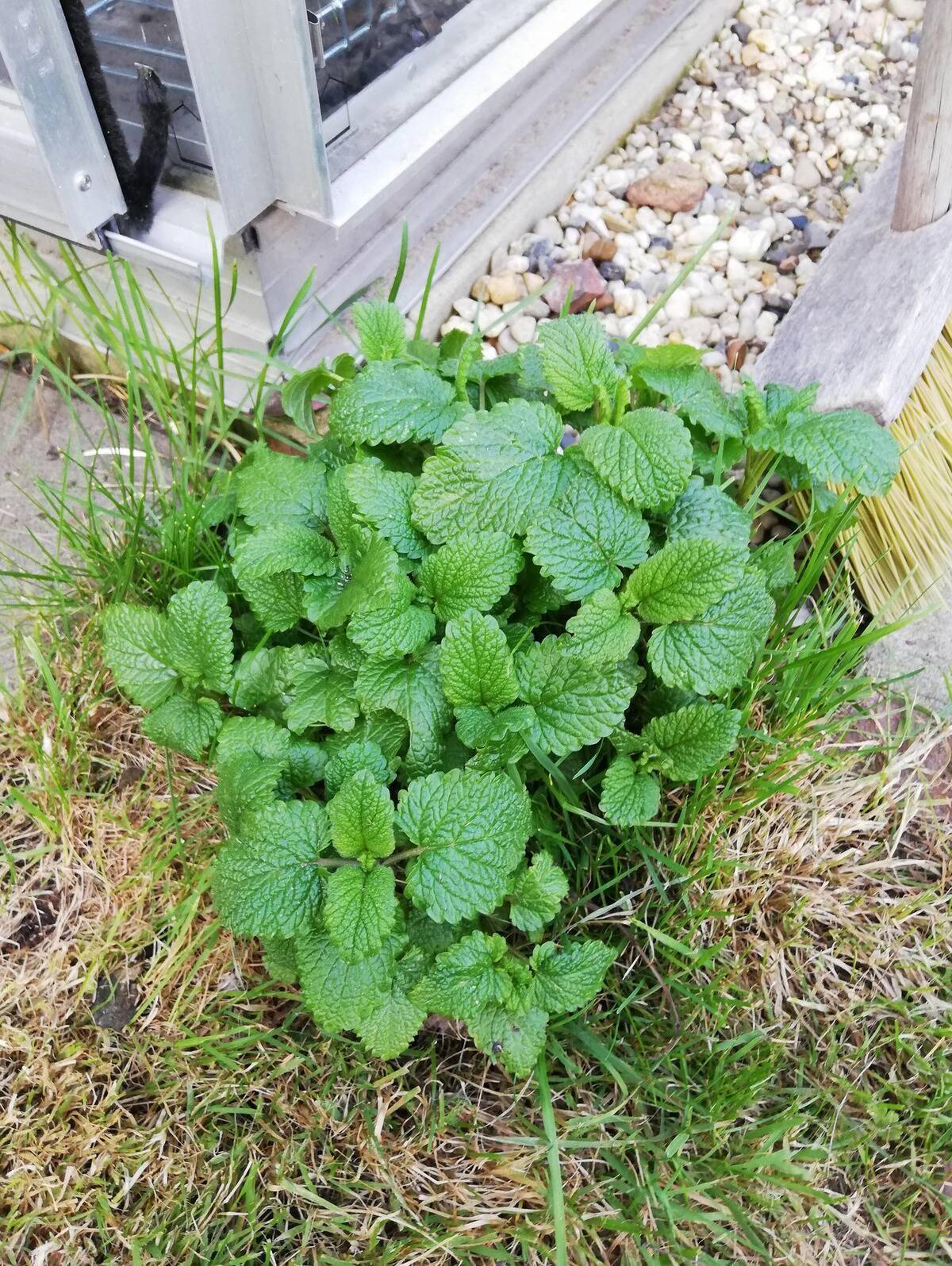
Garlic
The myth of garlic consumption repelling mosquitoes isn’t entirely accurate. However, applying garlic directly to the skin creates a temporary mosquito barrier, though many may find the scent equally unpleasant.
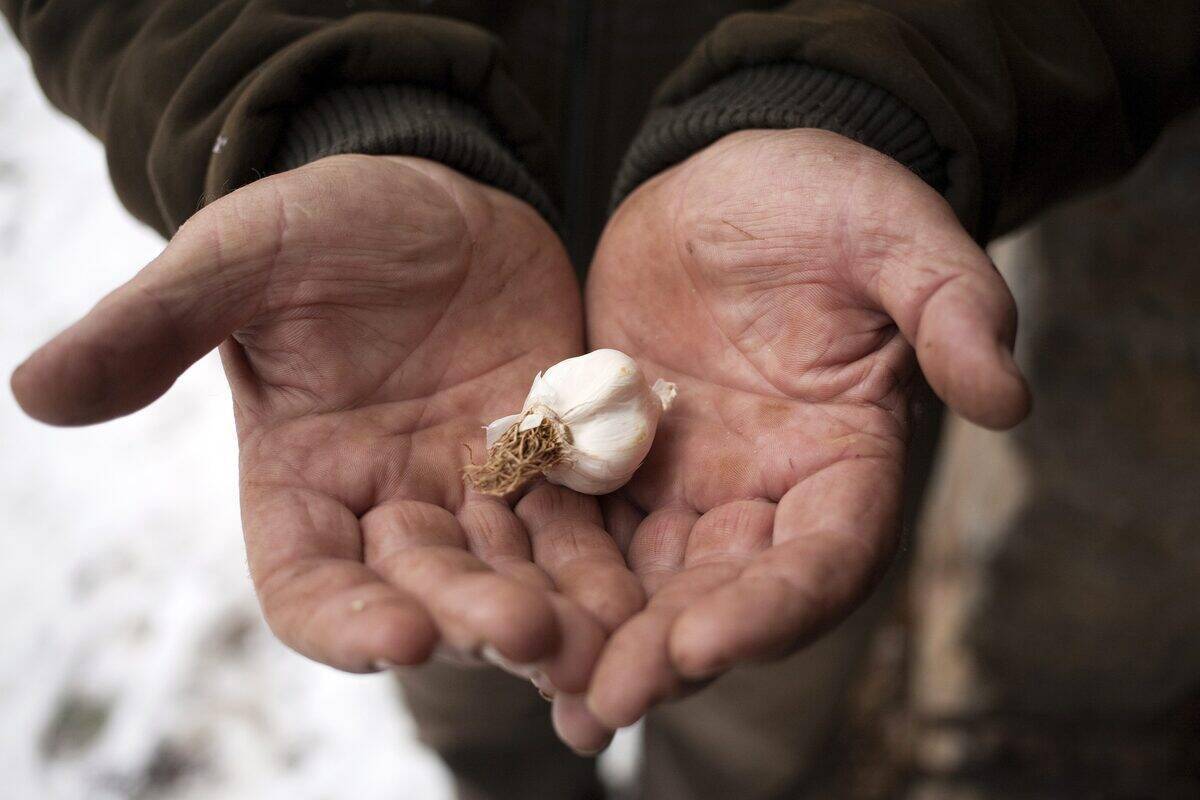
Basil
Basil’s strong scent confuses mosquitoes. Shredding and spreading basil around your yard or boiling its leaves to create a spray can keep pests at bay. Burning basil leaves is another simple method to harness its repelling properties.

Vinegar
A mix of white vinegar and water disrupts ants by masking their pheromones. While effective for early infestations, this method isn’t recommended for severe infestations, which may require professional pest control.
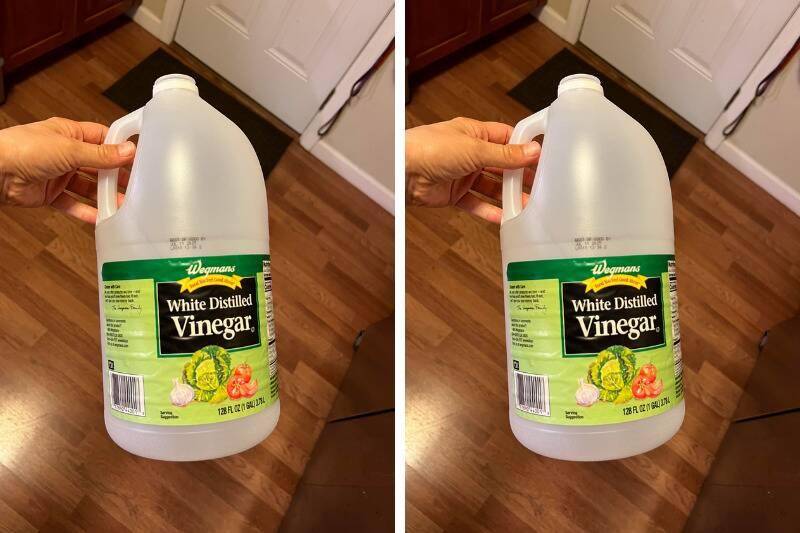
Peppermint
Peppermint oil provides excellent mosquito protection, lasting up to 150 minutes. It also serves as a larvicide, making it a dual-purpose repellent for both mosquitoes and their larvae.
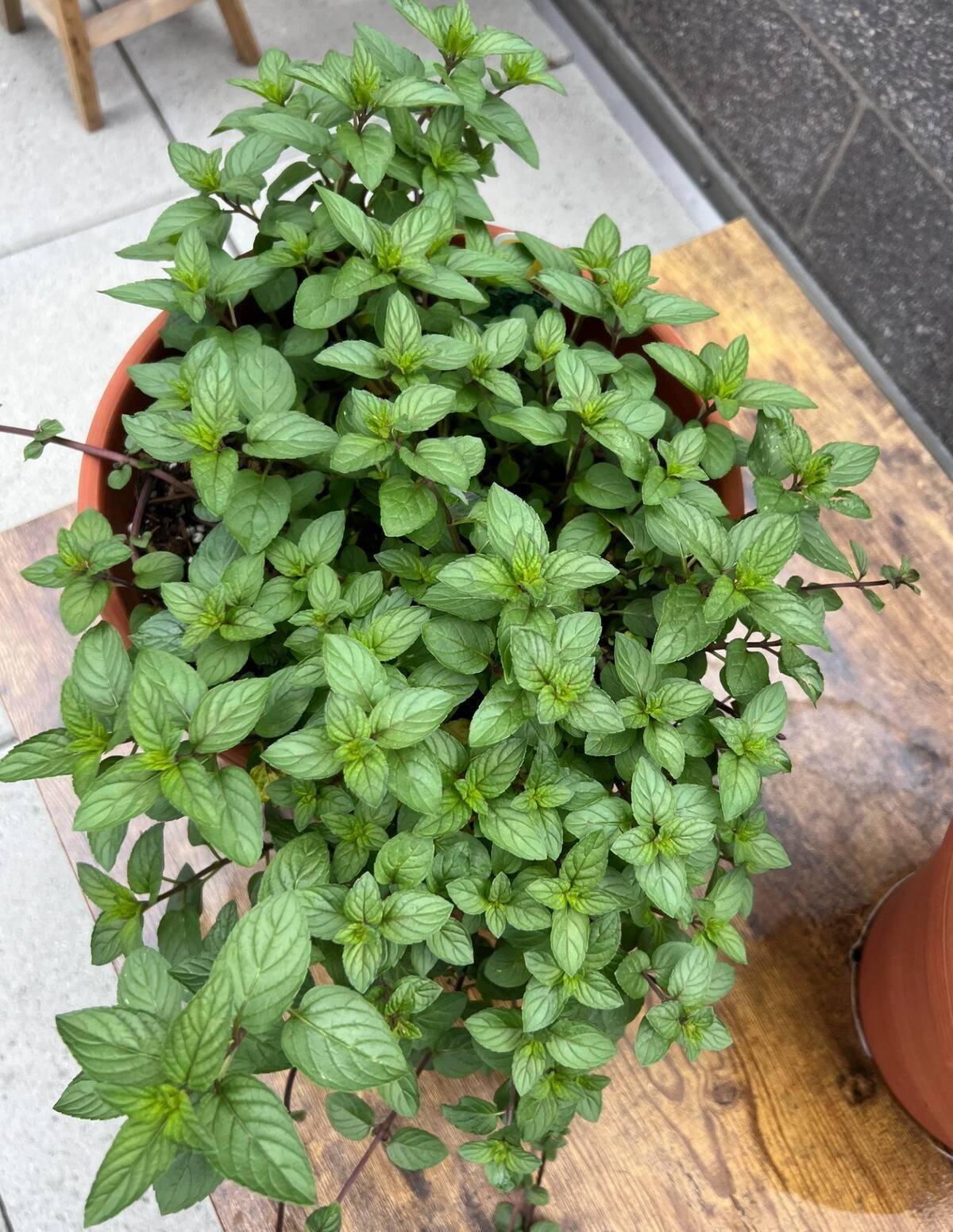
Coffee Grounds
Coffee and its waste products deter mosquitoes and reduce their egg-laying. A 2015 study in Parasites and Vectors highlighted its effectiveness in creating inhospitable environments for mosquito larvae.

Lavender
Lavender oil repels mosquitoes for up to eight hours when applied to the skin. However, its effectiveness may diminish in sweaty conditions, as it is water-soluble.

Grapefruit
Mosquitoes dislike nootkatone, a chemical in grapefruit. This natural compound is lethal to mosquitoes and ticks, though its broader insect-repelling properties remain under study.
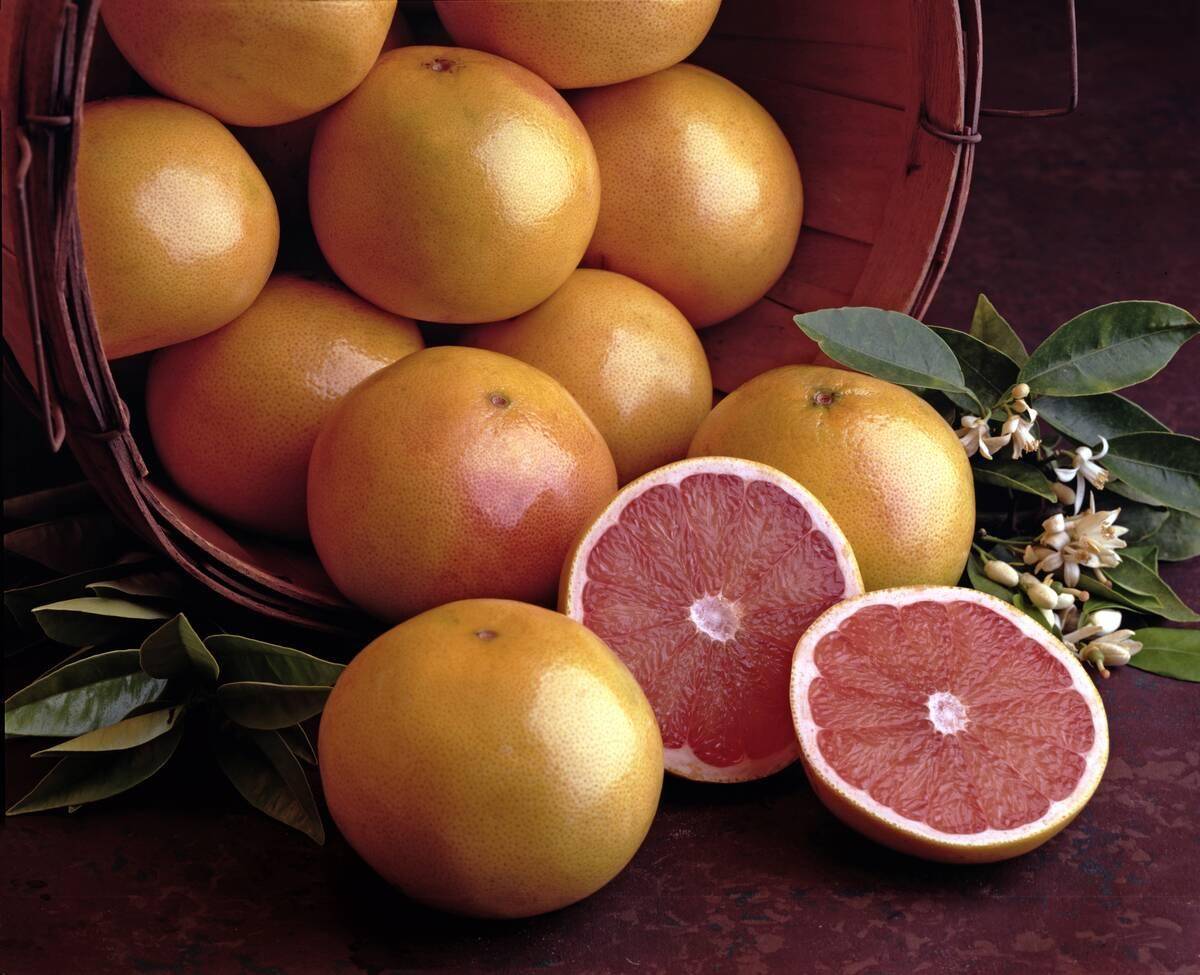
Marigolds
While marigolds are often touted as pest repellents, their true value lies in attracting beneficial insects like ladybugs and parasitic wasps, which help control garden pests.




